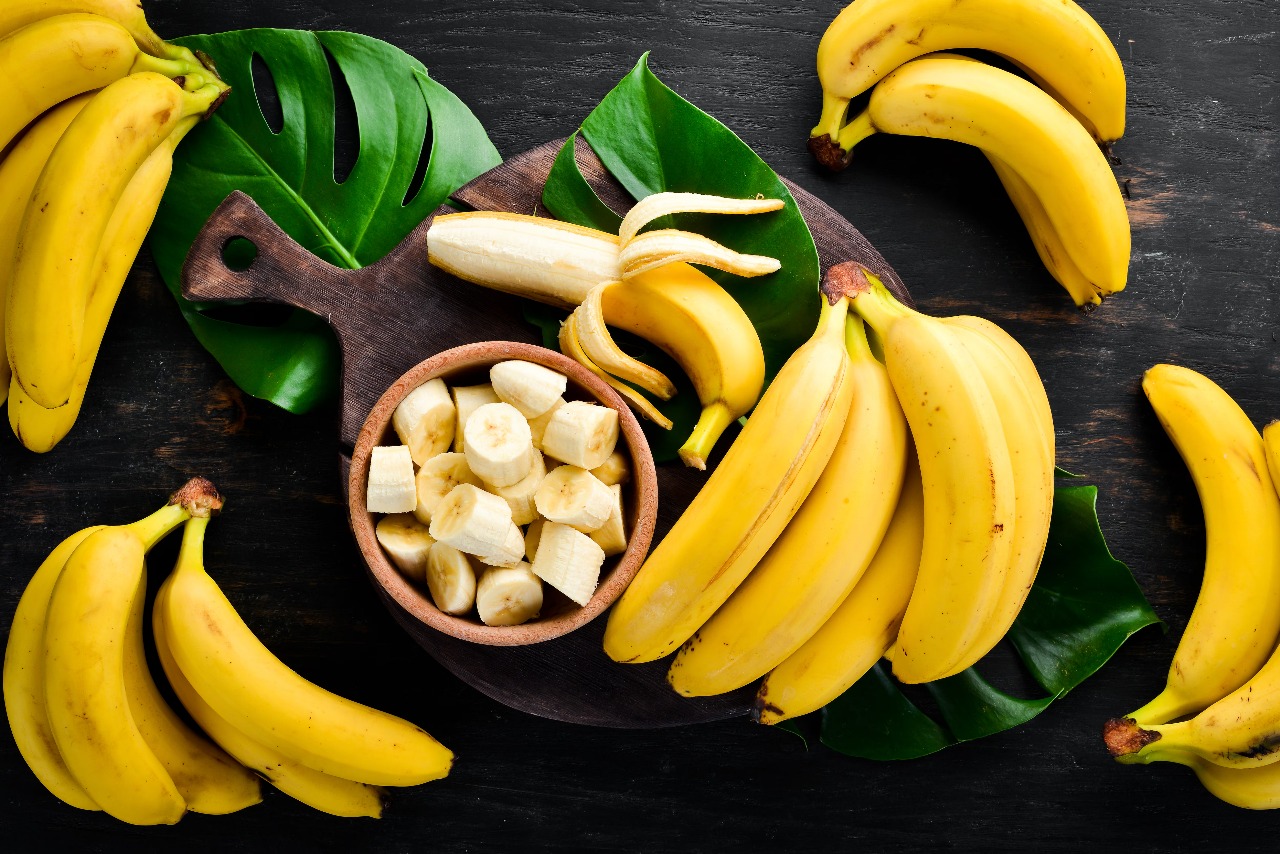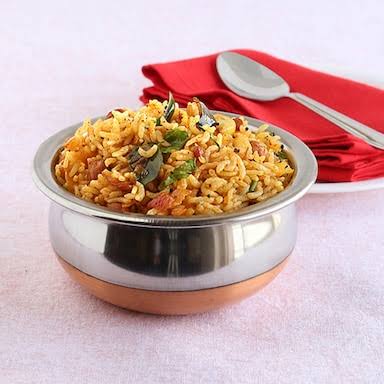
Follow WOWNEWS 24x7 on:

In a fresh twist to heart-smart eating, the British Heart Foundation (BHF) has spotlighted a simple yet powerful dietary habit that could help millions manage cholesterol and blood pressure more effectively. According to recent guidance, swapping your mid-morning snack for a banana at 11 am may significantly improve cardiovascular health. This recommendation is part of a broader campaign to encourage small, sustainable changes that yield long-term benefits.
Here’s a detailed breakdown of the science, timing, and impact behind this fruity intervention:
Key Highlights from the BHF Report
- Bananas are rich in soluble fibre, particularly pectin, which binds to cholesterol in the digestive tract and prevents its absorption into the bloodstream
- They are naturally low in fat and high in potassium, a mineral known to regulate blood pressure by balancing sodium levels
- The BHF recommends consuming bananas at 11 am, a time when blood sugar dips and unhealthy snacking often occurs
- This timing helps curb cravings, supports weight management, and contributes to the recommended five servings of fruits and vegetables per day
Why 11 AM Matters
- Mid-morning is a critical window when many people reach for processed snacks high in sugar and saturated fats
- Replacing biscuits or chips with a banana provides a slow-release energy boost without spiking blood sugar
- The fibre content keeps you full longer, reducing the likelihood of overeating at lunch
- This habit also aligns with circadian rhythms, which influence digestion and nutrient absorption
Nutritional Benefits of Bananas
- One medium banana contains approximately 3 grams of fibre, 400 mg of potassium, and zero cholesterol
- The fruit’s natural sugars, including fructose and glucose, are balanced by fibre, making it a heart-friendly energy source
- Bananas also contain antioxidants like dopamine and vitamin C, which combat oxidative stress linked to heart disease
- Their magnesium content supports vascular function and helps reduce arterial stiffness
Additional Dietary Tips from the BHF
- Start your day with a fibre-rich breakfast such as oats or wholegrain toast to further support cholesterol reduction
- Include oily fish like salmon or sardines twice a week for omega-3 fatty acids, which lower triglycerides and improve heart rhythm
- Avoid excessive salt, processed meats, and sugary drinks, which contribute to hypertension and arterial plaque buildup
- Stay hydrated and incorporate physical activity into your daily routine to amplify dietary benefits
Public Health Implications
- Cardiovascular disease remains the leading cause of death globally, with high cholesterol and hypertension as major risk factors
- In India alone, over 30 percent of adults suffer from elevated blood pressure, often undiagnosed or poorly managed
- Simple dietary swaps like the 11 am banana can be a low-cost, high-impact strategy for prevention
- The BHF’s recommendation is part of a larger movement to make heart health more accessible through everyday habits
Expert Insights and Global Context
- Cardiologists and dietitians worldwide are echoing the BHF’s advice, citing bananas as one of the most versatile and affordable heart-healthy fruits
- The American Heart Association also includes bananas in its list of potassium-rich foods beneficial for blood pressure control
- Nutritionists emphasize that consistency is key—making the banana swap a daily ritual can lead to measurable improvements over time
Bottom Line
The humble banana, often overlooked in favor of trendier superfoods, is reclaiming its place as a heart-health hero. By simply choosing a banana at 11 am instead of a processed snack, individuals can take a meaningful step toward lowering cholesterol, managing blood pressure, and improving overall wellness. It’s a small change with big potential—one bite at a time.
Sources: Hindustan Times, Express UK, British Heart Foundation, Today.com, Yahoo News UK





